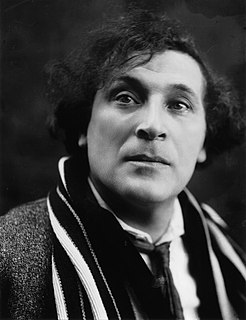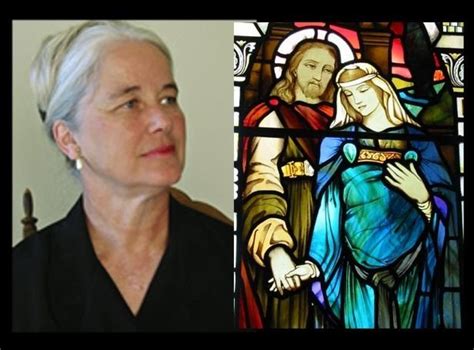A Quote by Philip Toshio Sudo
The further we travel down the path of enlightenment, the more humble we become. We shouldn't seek to impress others—or allow ourselves to be taken—with mere outer trappings. If we do our inner work, our spirit will be our calling card. Nice to meet you.
Related Quotes
We travel, initially, to lose ourselves; and we travel, next to find ourselves. We travel to open our hearts and eyes and learn more about the world than our newspapers will accommodate. We travel to bring what little we can, in our ignorance and knowledge, to those parts of the globe whose riches are differently dispersed. And we travel, in essence, to become young fools again- to slow time down and get taken in, and fall in love once more.
In spite of everything, there is still no more wonderful vocation than to continue to tolerate events and to work on in the name of our mission, in the name of that spirit which lives on in our teaching and in our vision of humanity and art, the spirit which can lead us Jews down the true and just path. But along the way, peoples will spill our blood, and that of others.
For what gives value to travel is fear. It breaks down a kind of inner structure we have. Travel robs us of such refuge. Far from our own people, our own language, stripped of all our props, deprived of our masks (one doesn't know the fare on the streetcars, or anything else), we are completely on the surface of ourselves.
The balance and peace we seek for ourselves and our society won't be achieved through mental effort alone. Mind and spirit are meant to travel together, with spirit leading the way. Until we make a conscious commitment to understand and embrace our spiritual nature, we will endure the ache of living without the awareness and guidance of the most essential part of ourselves.
As we lose our vagueness about ourself, our values, our life situation, we become available to the moment. It is there, in the particular, that we contact the creative self. Art lies in the moment of encounter: we meet our truth and we meet ourselves; we meet ourselves and we meet our self-expression .
In wishing to know ourselves fully, we must forget our quest for gain and seek only completion. At a certain point in our development, we no longer even seek to become Mystic, Magister, Sorcerer, or Witch: we seek only our own perfection in the wholeness of our Will, in the joining of light with dark and strength with love. We are varied and gorgeous yet pure of heart. Our aim is this: to know ourselves and to know the world.
If we do not control our minds with our Buddha nature, do not practice seriously, are not honest to ourselves and do not examine our behaviors strictly, we will definitely be possessed by Maya. Being possessed does not necessary mean that we become delirious or our faces become horribly distorted. When we do not walk on the right path, we will be walking on Maya's path.
Self-respect is often mistaken for arrogance when in reality it is the opposite. When we can recognize all our good qualities as well as our faults with neutrality, we can start to appreciate ourselves as we would a dear friend and experience the comfortable inner glow of respect. To embrace the journey towards our full potential we need to become our own loving teacher and coach. Spurring ourselves on to become better human beings we develop true regard for ourselves and our life will become sacred.
Let us resolve to follow the Savior and work with diligence to become the person we were designed to become. Let us listen to and obey the promptings of the Holy Spirit. As we do so, Heavenly Father will reveal to us things we never knew about ourselves. He will illuminate the path ahead and open our eyes to see our unknown and perhaps unimagined talents.
Some might say that looking inside of ourselves for spiritual truths is egocentric and selfish, and that egolessness and selflessness lie in working for others in the world. But until we find our inner truth, our work in the world will always revolve around our 'selves'. As long as we think about the world in terms of 'self' and 'others', our actions will be selfish. Our 'self' follows us wherever we go, so positive results will be limited.



































